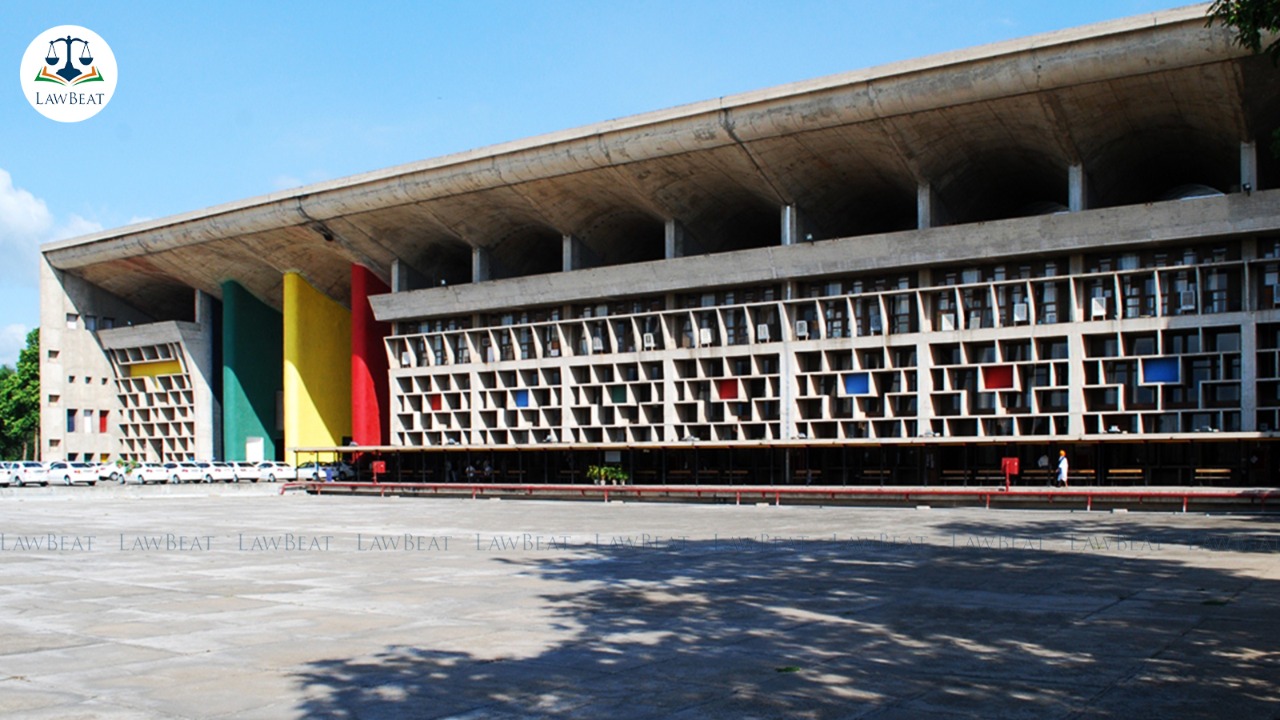16-yr-old Muslim girl, being governed by Muslim Personal Law, competent to marry: Punjab and Haryana High Court

Granting protection to a 16 -Year-Old Muslim Girl who married a 21-year-old Muslim boy against families' wishes, the Punjab And Haryana High Court observed that as per Muslim Personal Law the girl was competent to enter into a contract of marriage with a person of her choice.
The bench of Justice Jasjit Singh Bedi stated that the marriage of a Muslim girl is governed by the Muslim Personal Law and the girl being over 16 years of age was competent to enter into a contract of marriage with a person of her choice.
While making it clear that the issue in hand was not with regard to the validity of the marriage but to address the apprehension raised by the petitioners, Justice Bedi decided to deliberate upon the contention raised by the petitioner couple's counsel that in Muslim law, puberty and majority are one and the same and a Muslim boy or girl who has attained puberty is at liberty to marry anyone he or she likes and the guardian has no right to interfere.
Petitioner's counsel had referred to the case of Yunus Khan vs. State of Haryana & Ors. (2014). Taking note of the same, the bench pointed out that the marriage of a Muslim girl is governed by the personal law of the Muslims.
Court referred to the Article 195 from the book ‘Principles of Mohammedan Law by Sir Dinshah Fardunji Mulla’ reproduced in the said decision which states:
“195. Capacity for marriage - (1) Every Mahomedan of sound mind, who has attained puberty, may enter into a contract of marriage. (2) Lunatics and minors who have not attained puberty may be validly contracted in marriage by their respective guardians. (3) A marriage of a Mahomedan who is sound mind and has attained puberty, is void, if it is brought about without his consent. Explanation - Puberty is presumed, in the absence of evidence, on completion of the age of fifteen years.”
Therefore, Court concluded that both the petitioners were of marriageable age as envisaged by Muslim Personal Law.
Interestingly, in December last year, dealing with a protection plea moved by a young Muslim couple where the girl's age was disputed which varied from 17 years and about 3-1/2 months to 22 years on the date of marriage, whereas her husband was shown 19 years of age, the High Court had refused to agree with petitioners' counsel that petitioners being Muslims were governed by Muslim Personal Law which allows any person above the age of puberty to get married.
Though granting protection to the couple, the bench of Justice Amol Ratan Singh made it absolutely clear that the order would not bar proceedings under the Prohibition of Child Marriage Act, 2006.
"There doesn't seem to be any provision in the Prohibition of Child Marriage Act, 2006, which carves out a distinction in favor of any particular community," he had stated.
It is noteworthy that the Union Cabinet in December last year cleared a proposal to bring uniformity in the marriageable age of men and women and proposed to raise the legal age of marriage of women from 18 to 21 years.
Thereafter, the Union Minister for Women and Child Development Smriti Irani introduced in the Lok Sabha the "Prohibition of Child Marriage (Amendment) Bill, 2021", which seeks to increase the age of marriage for women to 21 years across all religions. The Bill proposes to override any other law, custom, or practice. The bill was referred to the Standing committee.
In the instant case, regarding the petitioners' protection plea, Court stated that it could not shut its eyes to the fact that the apprehension of the petitioners needed to be addressed. "Merely because the petitioners have got married against the wishes of their family members, they cannot possibly be deprived of the fundamental rights as envisaged in the Constitution of India," Court said.
Accordingly, without expressing any opinion with regard to the veracity of the contents of the petition and the submissions made by the counsel for the petitioners, Court disposed of the couple's plea with a direction to the Senior Superintendent of Police, Pathankot to decide couple's representation which they had filed on June 9 and take necessary action as per law.
Further, before parting with the order, Court made it clear that this order shall have no effect on any other civil or criminal proceedings, if any, instituted/pending against either of the parties in the case.
Case Title: Gulam Deen and another v. State of Punjab and others
